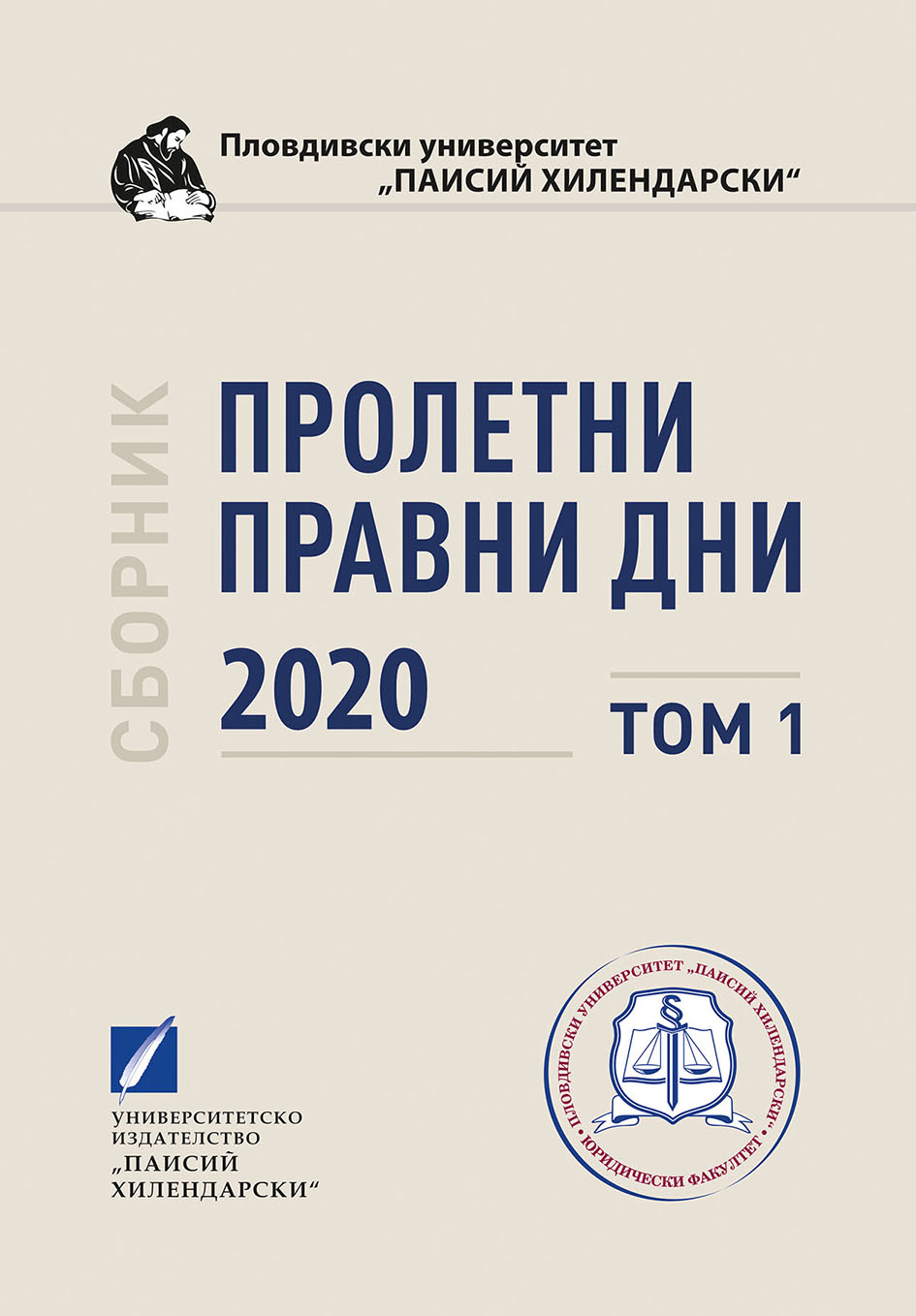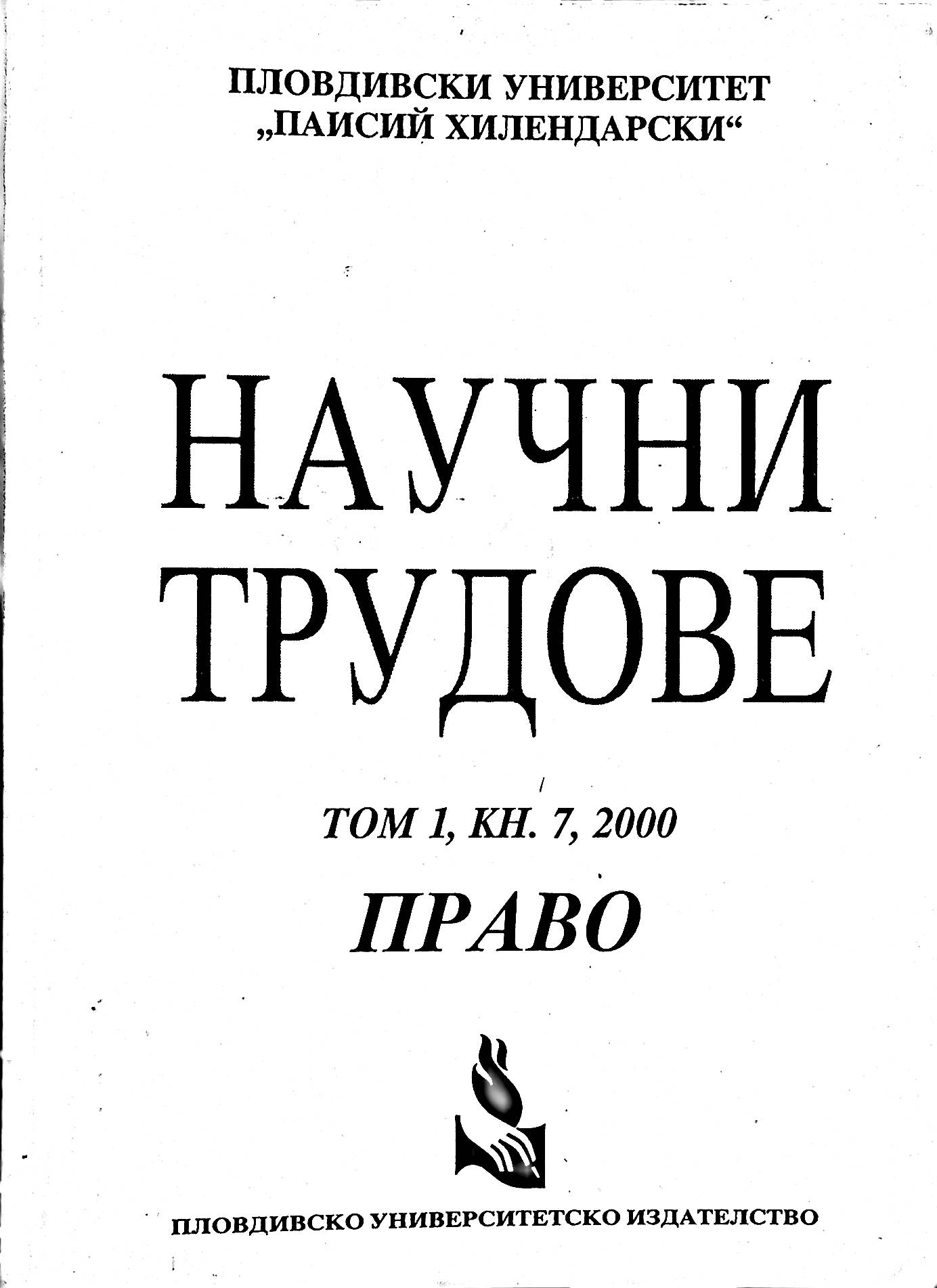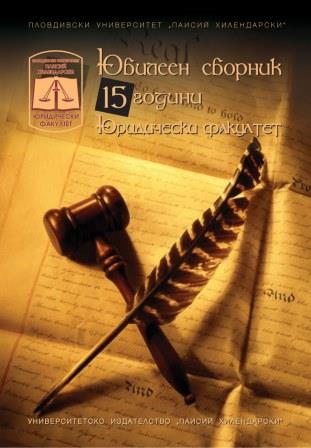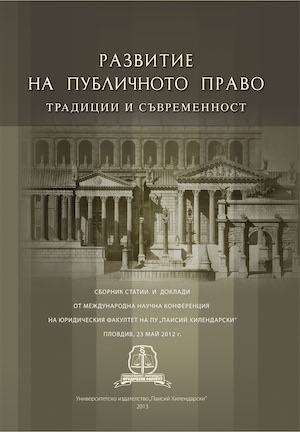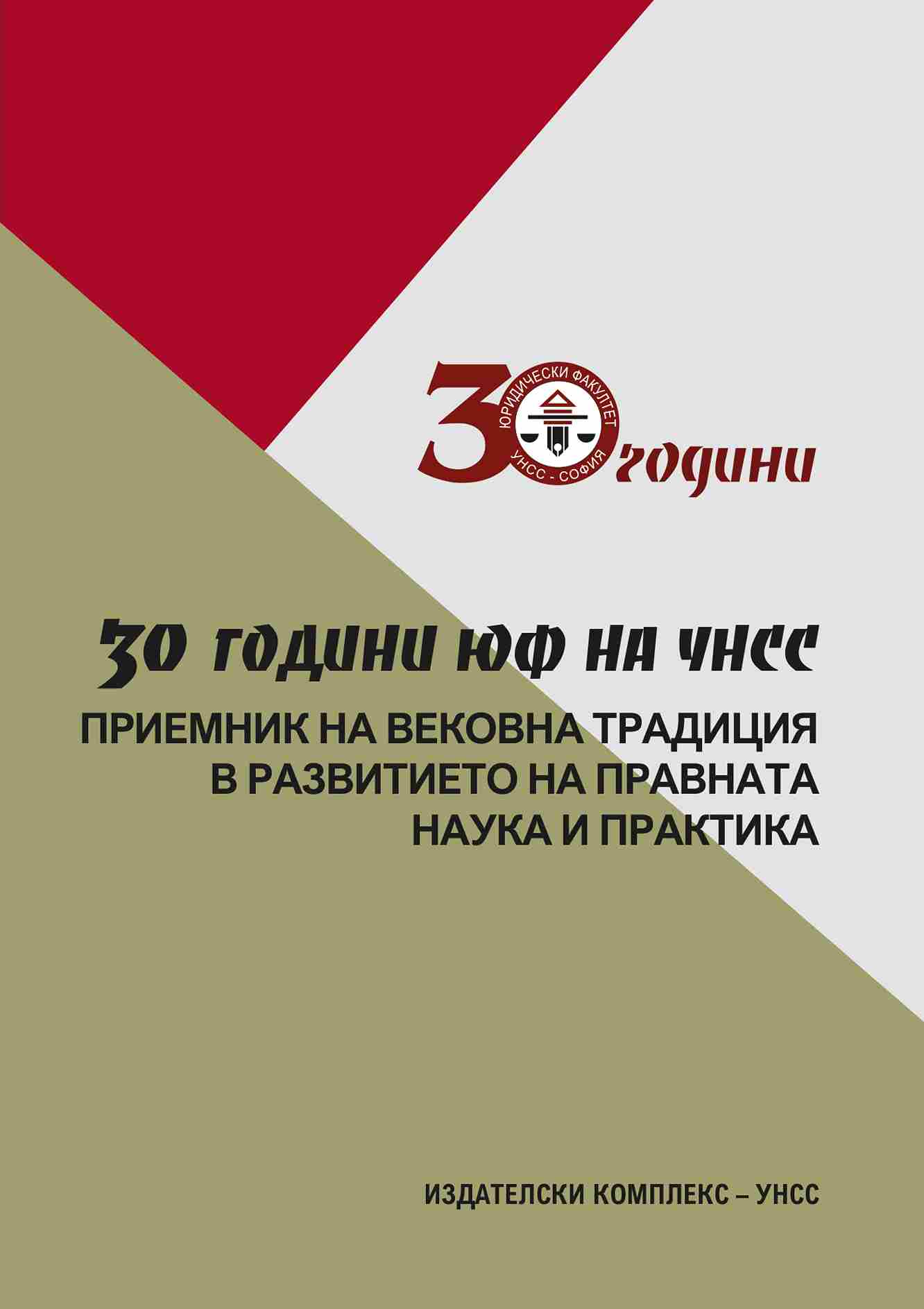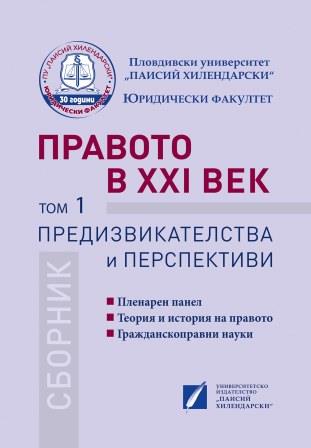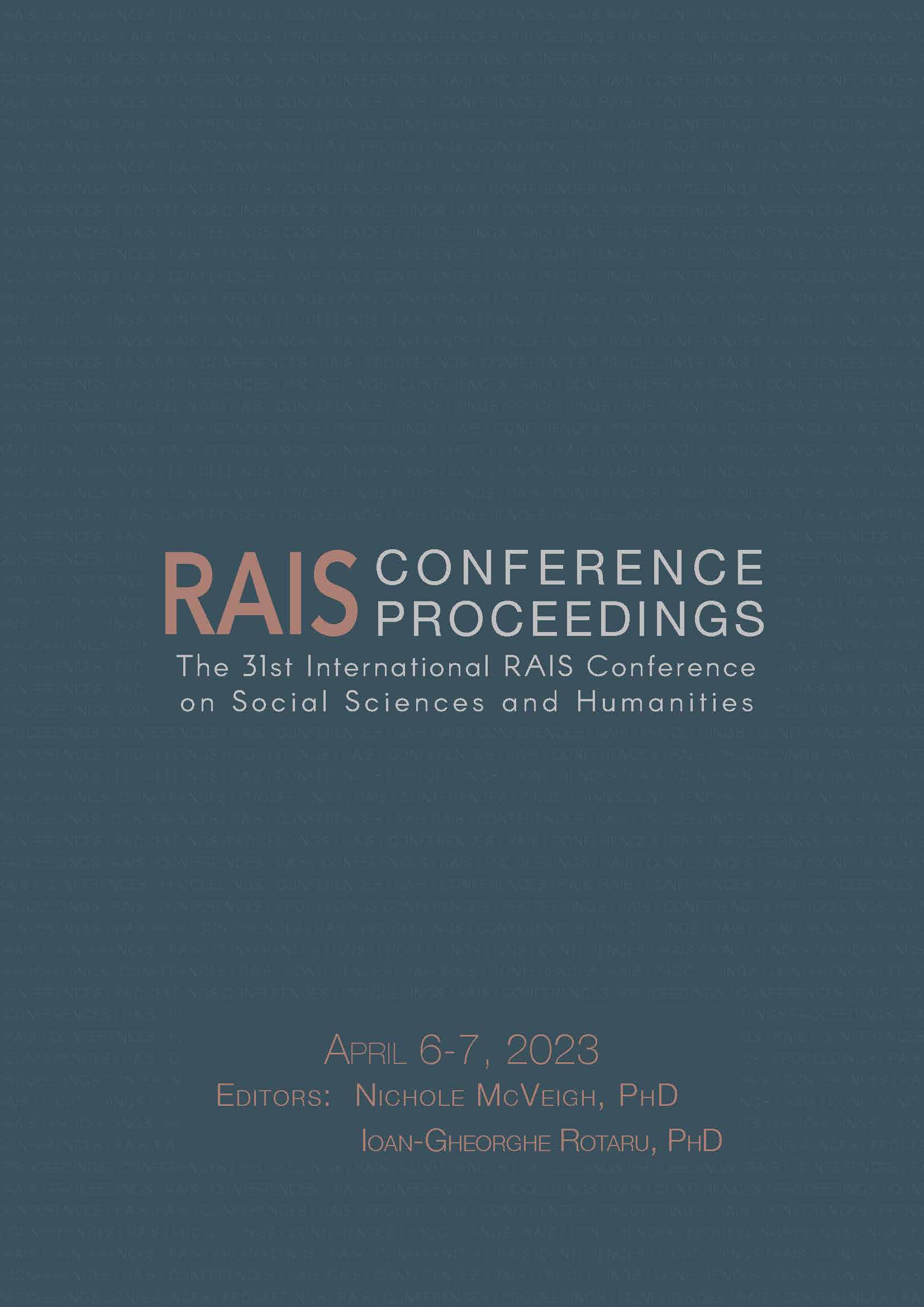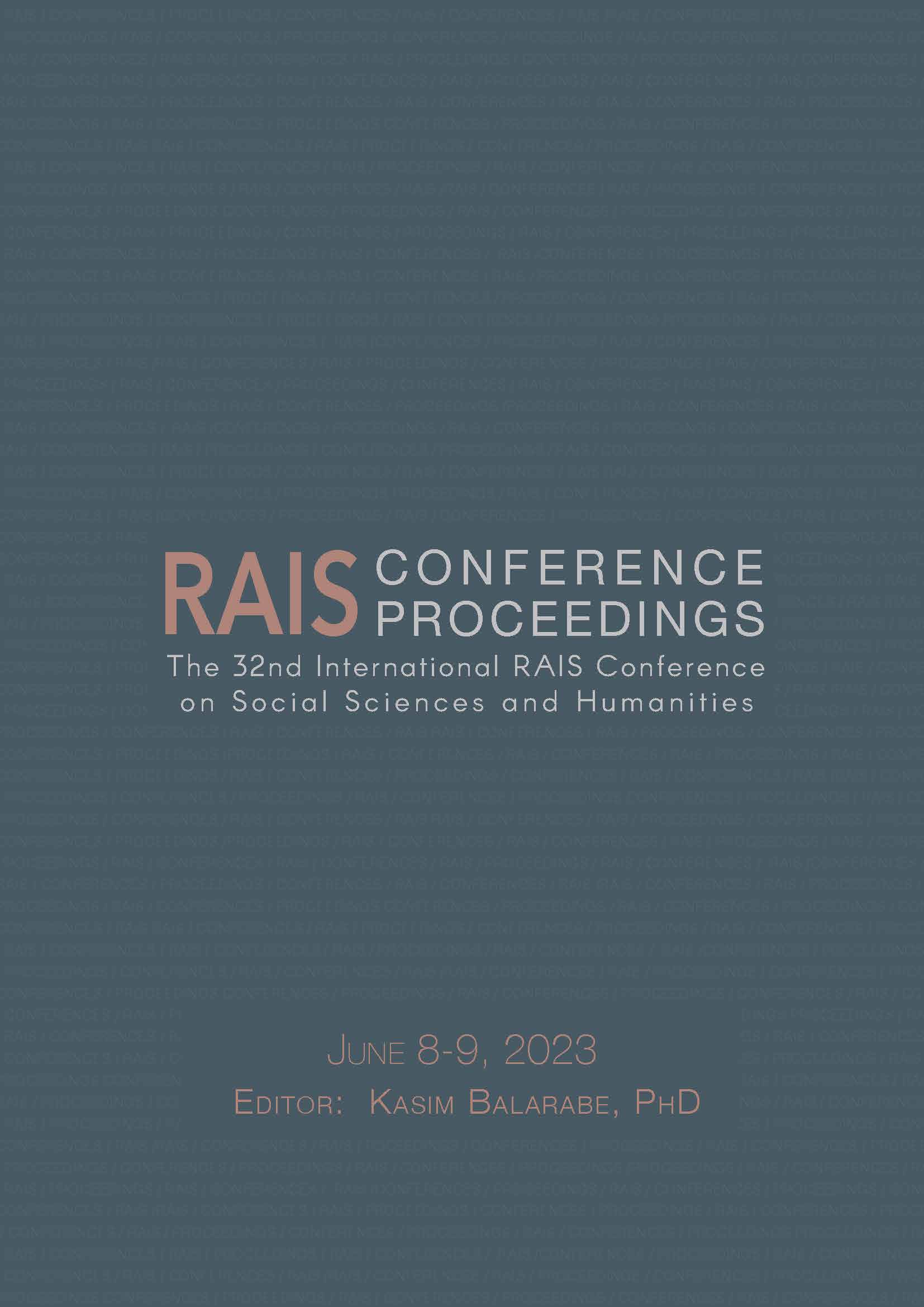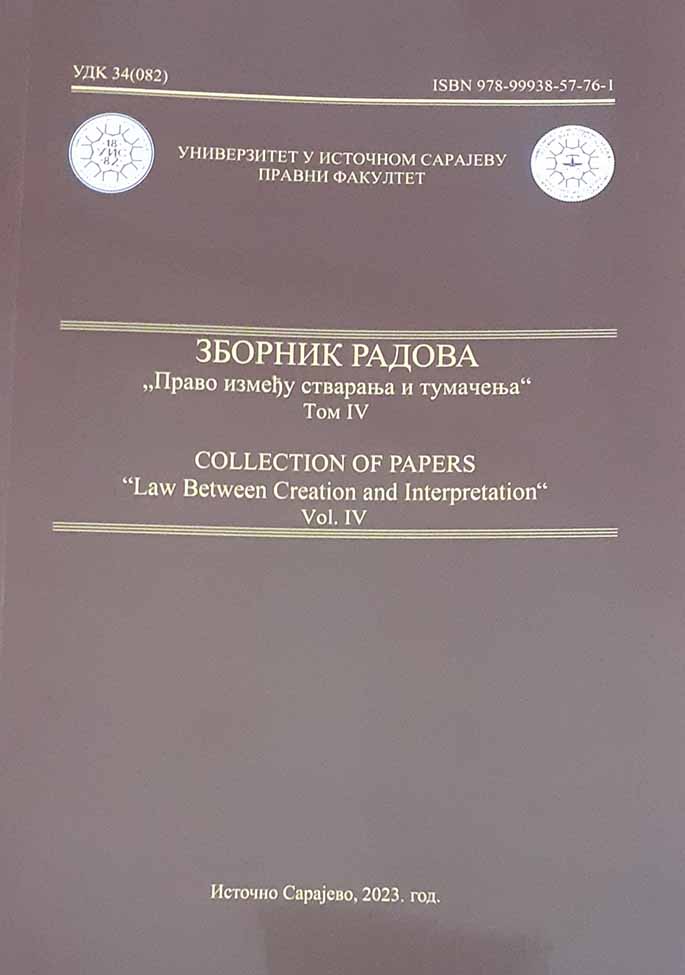Author(s): Giovanni Brandi Cordasco Salmena / Language(s): Italian
Publication Year: 0
Our knowledge about the formulary system confirms, in a more general perspective, intrinsic cooperation between the parties as a typical feature of a procedural model. As a mechanism of a private nature characterized (on the same level and in continuity with the most ancient proceedings) by an essential centrality of the parties' initiative, the formulary procedure is based on the need to guarantee its performance even in the face of any conduct existing by the parties to the contrary (in favor of their individual interest). In this context a deep reading of the phenomenon can only refer to its object and its own ends: 1) the subject matter, because there is no need to examine a single institution or a coordinated set of procedural rules but a wider reality which, with a modern lexicon could be defined as "procedural economy": in other words the effective collaboration of the competitors in favor of the useful development of the judgement and its purposes (centrality of the party initiative; absence of public mechanisms of direct coercion; overlap between action and substantial claim and so on); 2) the achievement of its purposes, because it is not necessary to innovate the knowledge already acquired about the form or the development of the formulary procedure, but rather ( and more simply), to examine certain profiles of its discipline from a different perspective, highlighting different remedies provided to protect the fundamental need for cooperation of the parties and the regularity of the judgement, regardless of whether they are expressly identified or indirectly perform the same function without being openly linked to it. It is of great interest to examine the tools set up to guarantee the regularity and effectiveness of the judgement through three phases: the first phase requires the procedure relationship and the and the introduction of the dispute; during the second, the exercise of the judicial claim with the formulation of the intention, in the third phase, the concrete implementation of the procedural claim is recognized as founded. Similarly, it is of great interest to examine a series of institutes not attributable to one of the moments thus identified but refereed by the sources to the specific function of ensuring a certain coherence between the behavior of the parties and the purposes of the trial. All with the twofold objective: on the one hand, that of verifying whether and to what extent these additional tools are suitable for preventing or repressing the distorting behavior of litigants,(dilatory, obstructive, opportunistic and others); on the other hand, that of verifying whether the basis of the same can be found functional constants capable of justifying in the formulary system a cooperative criterion aim at the regularity and efficiency of the proceeding, pursued in a logical and constant form.
More...
